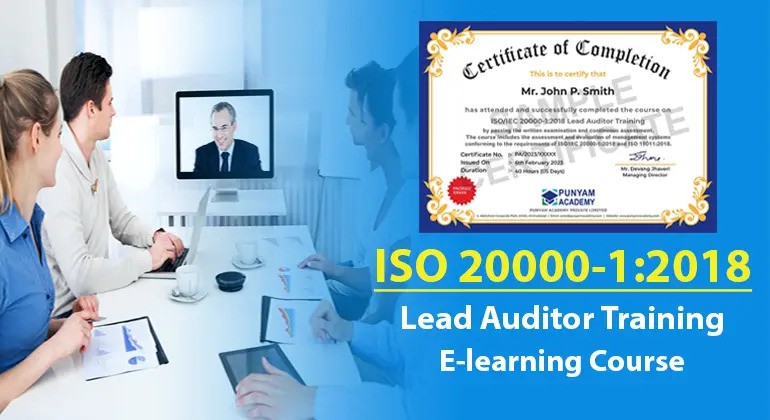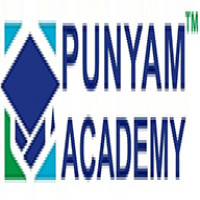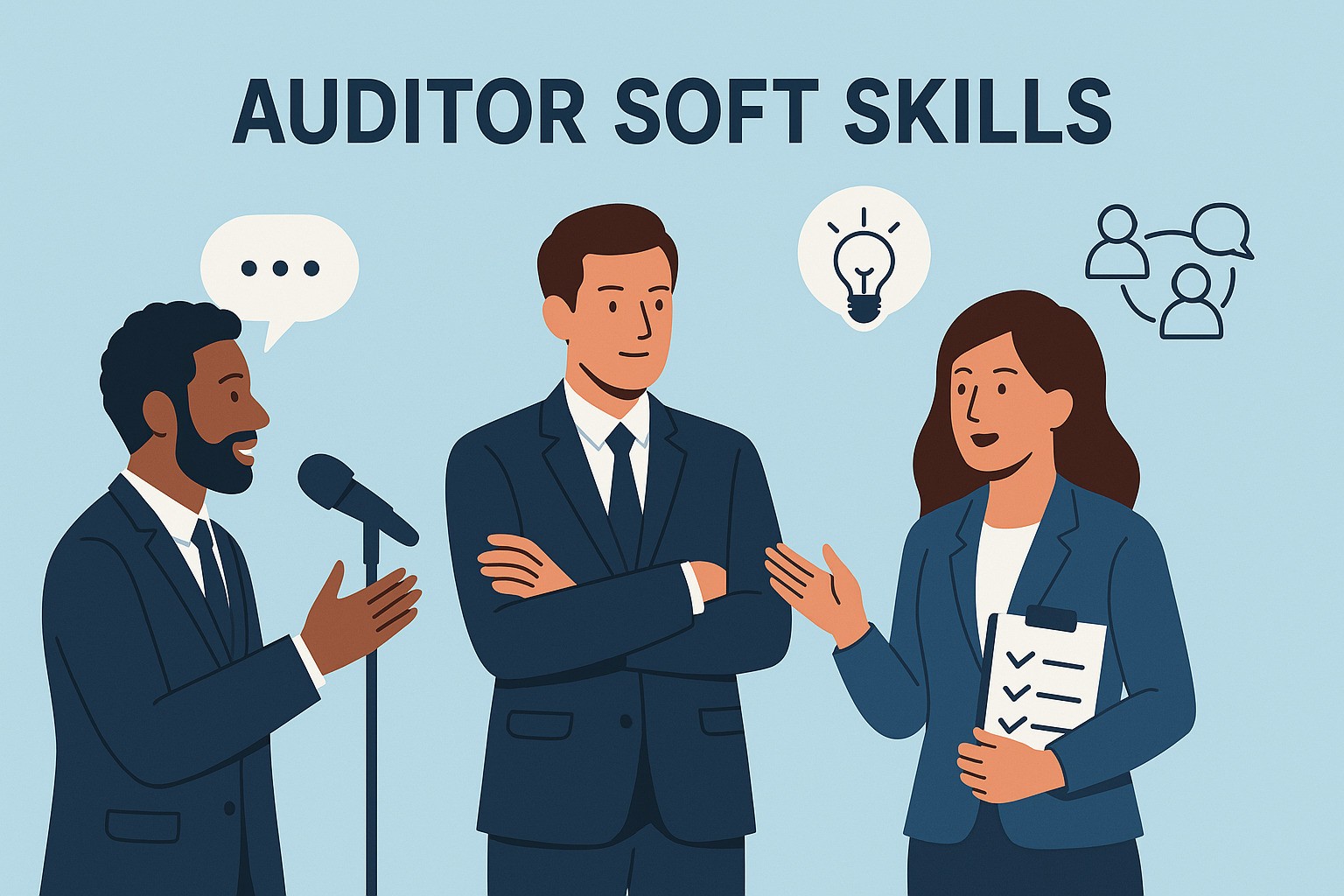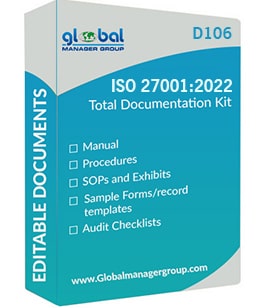Role of an ISO 20000 Auditor

Strong 8k brings an ultra-HD IPTV experience to your living room and your pocket.
Brief overview of ISO/IEC 20000
ISO/IEC 20000 (often called ISO 20000) is the international standard for IT Service Management (ITSM). It defines the requirements for establishing, implementing, maintaining, and improving a Service Management System (SMS) that aligns IT services with the needs of an organization. The standard covers the entire lifecycle of IT services – from service design and transition to operation and continual improvement. First published in 2005 and updated in 2018 (ISO 20000-1:2018), it incorporates best practices from ITIL and other ITSM frameworks.
Why auditing is essential in IT service management
Auditing plays a critical role in verifying that an organization’s IT Service Management System meets the ISO 20000 requirements and functions effectively. Regular audits check that documented processes (like incident management, change control, and service delivery procedures) are actually being followed in practice. By systematically reviewing activities, audits identify gaps, nonconformities, or weaknesses in the service management system. This ensures that problems are spotted early and corrective measures are taken.
Audits also promote continuous improvement and accountability. When an external certification audit succeeds, it demonstrates to customers and stakeholders that the organization adheres to recognized best practices. Even internal audits build trust within the organization by confirming that IT services support business objectives and comply with agreed service levels. In short, auditing helps maintain high standards and drives ongoing enhancements in IT service management.
Responsibilities of an ISO 20000 auditor
An ISO 20000 auditor is responsible for objectively assessing an organization’s service management system against the ISO 20000 standard. Key duties include planning and conducting audits, gathering evidence, and reporting findings. Typical responsibilities include:
• Audit planning: Define the audit scope, objectives, criteria, and checklist based on ISO 20000 requirements and the organization’s processes.
• Document review: Examine the organization’s SMS documentation (policies, procedures, records) to ensure they exist and align with ISO 20000 clauses.
• On-site assessment: Interview staff, observe operations (such as help desk or change management), and verify that processes are being followed as documented.
• Evaluation of compliance: Compare the collected evidence with the standard’s requirements to identify any nonconformities or areas of improvement in the service management processes.
• Reporting: Prepare a clear, formal audit report detailing findings, nonconformities, and recommended corrective actions. Communicate these results to management and stakeholders.
• Follow-up: Verify that corrective actions are implemented and effective, often through subsequent audits or reviews.
By fulfilling these duties, an ISO 20000 auditor provides an independent check on the organization’s ITSM practices and helps to ensure continuous improvement.
Skills and knowledge required
Effective ISO 20000 auditors need a combination of technical knowledge, analytical abilities, and interpersonal skills. Important competencies include:
• Knowledge of ISO 20000 and ITSM: A deep understanding of the ISO/IEC 20000 standard (its clauses and intent) and familiarity with IT service management practices (e.g., service desk, change management, incident/problem management). Many auditors also have knowledge of related frameworks like ITIL or COBIT.
• Analytical and critical thinking: Ability to review processes, identify patterns, and detect deviations from the standard. Auditors must be detail-oriented to spot subtle issues in documentation or practice.
• Communication skills: Strong verbal and written communication to interview personnel at all levels and to write clear, concise audit reports. Explaining audit findings and recommendations in a professional manner is essential.
• Objectivity and ethics: Auditors must remain impartial and independent of the processes they audit. They should uphold confidentiality and integrity, providing unbiased assessments without personal agendas.
• Training and certification: Many auditors pursue formal education and credentials. For example, ISO 20000 Audit Training courses or ISO 20000 Lead Auditor certification equip professionals with structured knowledge of the standard and auditing techniques.
• Organizational skills: Planning and time-management abilities to coordinate audit activities, manage checklists, and handle multiple tasks during an audit engagement.
A combination of these skills and knowledge ensures that an ISO 20000 auditor can effectively evaluate an organization’s SMS and contribute valuable insights.
Differences between internal and external auditors
• Internal Auditor: An internal ISO 20000 auditor is typically an employee or consultant within the organization. They conduct periodic audits to support ongoing compliance and improvement. Internal auditors know the business processes well and use audits to help management maintain performance and readiness for certification audits.
• External Auditor: A third-party or external ISO 20000 auditor works for an independent certification body. These auditors are impartial and evaluate the SMS against formal accreditation criteria. Third-party audits are more rigorous and formal, aiming to verify compliance in order to grant or maintain ISO 20000 certification.
Internal auditors focus on continuous internal improvement, while third-party auditors provide an unbiased certification assessment that validates compliance to customers and the wider market.
How auditors contribute to service improvement
Auditors play a vital role in enhancing IT service quality and efficiency. They contribute to service improvement by:
• Identifying gaps: By scrutinizing processes against the ISO 20000 standard, auditors uncover deficiencies or bottlenecks that may hinder service delivery. This awareness enables organizations to focus improvement efforts on the most critical areas.
• Recommending best practices: Auditors often suggest adopting proven practices (from ISO 20000 guidance or successful implementations elsewhere) to streamline workflows. These recommendations help teams refine processes and adopt efficient methods.
• Ensuring accountability: Audit findings hold various teams accountable for following documented processes. Knowing that a future audit will review their area encourages departments to maintain high standards and properly document their work.
• Driving corrective action: The formal findings in an audit report trigger corrective and preventive actions. Management uses these actions to refine the service management system, close quality gaps, and prevent recurring issues.
• Facilitating continuous improvement: Through regular audits, organizations monitor and reassess their service processes. This reinforces a cycle of ongoing evaluation and enhancement, which is a core principle of ISO 20000.
Ultimately, by objectively evaluating the service management system and pushing for higher standards, auditors help organizations improve reliability, reduce errors, and deliver better IT services to customers.
Note: IndiBlogHub features both user-submitted and editorial content. We do not verify third-party contributions. Read our Disclaimer and Privacy Policyfor details.







